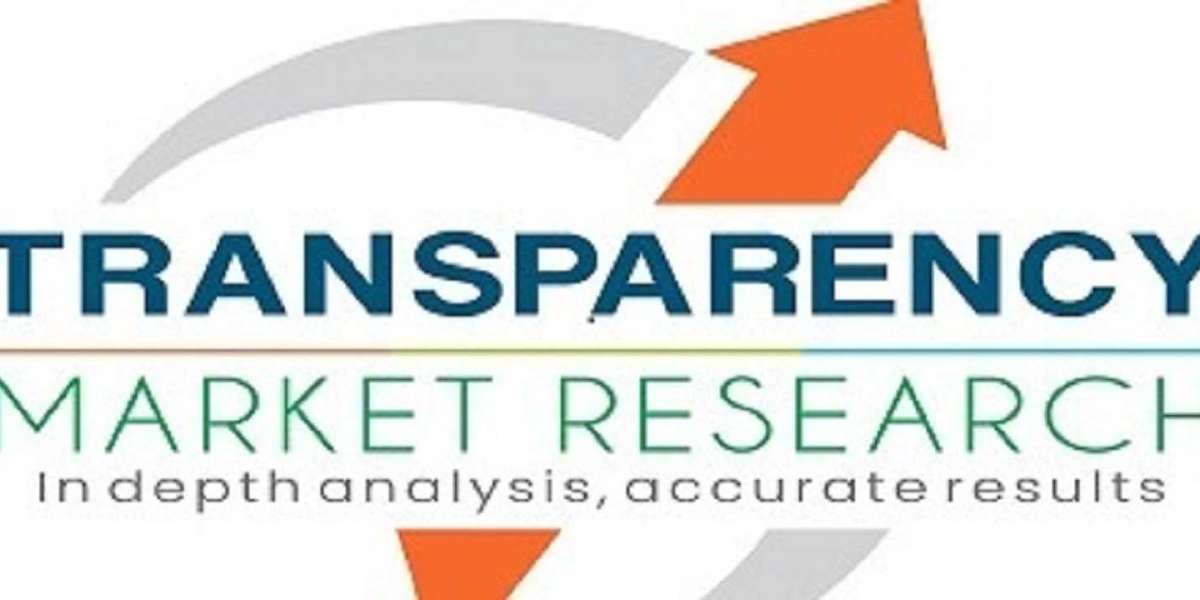According to a new market report published by Transparency Market Research (titled “Hydro Turbine Market (Type – Impulse Turbine (Pelton Turbine and Cross Flow Turbine) and Reaction Turbine (Kaplan Turbine, Francis Turbine, and Bulb Turbine); Installation Site – Pico Hydro Plants (0 kw – 5 kw), Micro Hydro Plants (5 kw – 100 kw), Mini Hydro Plants (100 kw – 500 kw), and Large Hydro Plants (more than 500 kw); Head Type – Low Head (Less than 30 m), Medium Head (30 m to 300 m), and High Head (300 m to 1500 m) – Global Industry Analysis, Size, Share, Growth, Trends, and Forecast, 2018 - 2027,” the global hydro turbine market is expected to reach a value of US$ 3,020.3 Mn by 2027.
In terms of value, the market is estimated to expand at a CAGR of 4.7% during the forecast period from 2018 to 2027. Based on volume, the market stood at around 7,015 units in 2017. The Asia Pacific hydro turbine market is projected to witness the highest growth during the forecast period both in terms of value (US$ Mn) and volume (Units). The market witnessed considerable growth in the Asia Pacific region due to increasing government initiatives to deal with frequent power shortages. China and India are major economies estimated to drive the market in the near future.
Request Sample Copy: https://www.transparencymarketresearch.com/sample/sample.php?flag=Srep_id=17642
The hydro turbine market is influenced by the prime driving factor of advancements in technology along with advanced grid integration. In terms of type, the reaction turbinesegment is anticipated to gain the largest share with total value of US$ 2,313.3 Mn by 2027 at a CAGR of 4.8% annually. However, environmental concern of hydropower generation is one of the major challenges restraining the growth of the market. Nevertheless, the market is anticipated to grow due to rising requirement of hydro turbines in emerging economies for renewable energy.
In 2017, based on type, the reaction turbine segment accounted for value of about US$ 1,472.1 Mn in the global hydro turbine market. Demand for reaction turbine type is increasing because these turbines are preferred for power generation due to their advantage of remaining dipped in water and because they use the pressure energy of water to generate power. Based on head type, the medium head (30 m to 300 m) segment is anticipated to reach US$ 1,157.9 Mn at a CAGR of 4.5% by 2027. A low-head dam is one with a water drop of less than 30 m and a producing capacity up to 15,000 kW.
High-head (300 to 1500) dams can create more power at lower costs than low-head dams; however, construction of large dams may be limited by economic conditions, by environmental considerations, or by lack of suitable sites. In contrast, there are many existing medium head dams and drops in elevation where medium generating plants could be installed. New medium-head dams could be built to increase output as well. The key to the usefulness of such units is their ability to generate power near where it is needed, reducing the power inevitably lost during transmission. The above factors are expected to boost the medium head (30 m to 300 m) segment during the forecast period. In terms of installation site, large hydro plants (more than 500 kw) segment is anticipated to reach US$ 1,912.0 Mn at a CAGR of 4.8% by 2027.
Enquiry Before Buying: https://www.transparencymarketresearch.com/sample/sample.php?flag=EBrep_id=17642
Some of the key players profiled in the global hydro turbine market are General Electric Co., ANDRITZ AG, Toshiba Energy, Harbin Electric Machinery, Kirloskar Brothers Ltd., Siemens AG, Canyon Industries Inc., Cornell Pump Co., Gilbert Gilkes Gordon Ltd, WWS Wasserkraft GmbH, and Canadian Hydro Components Ltd.
The hydro turbine market is segmented as below.
Hydro Turbine Market: By Type
- Impulse Turbine
- Pelton Turbine
- Cross Flow Turbine
- Reaction Turbine
- Kaplan Turbine
- Francis Turbine
- Bulb Turbine
Hydro Turbine Market: By Installation Site
- Pico Hydro Plants (0 kw – 5 kw)
- Micro Hydro Plants (5 kw – 100 kw)
- Mini Hydro Plants (100 kw – 500 kw)
- Large Hydro Plants (more than 500 kw)
Hydro Turbine Market - Snapshot
Hydro turbine is the electro-mechanical equipment used in hydroelectric generation projects to generate electricity. Hydro turbines transfer the energy from moving water to a rotating shaft for the generation of electricity. These turbines spin or rotate as a response to water being introduced to their blades. Hydro turbines are essential in the area of hydropower (the process of generating power from water). Usually, the structure of turbines is simple.
Request Brochure: https://www.transparencymarketresearch.com/sample/sample.php?flag=Brep_id=17642
A row of blades is fitted to a plate or rotating shaft; water is then moved through the turbine over the blades triggering the inner shaft to rotate. Electricity is generated as this rotational motion is subsequently transferred to a generator. The turbine type selected for hydropower plants depends on the volume of water that flows (known as the hydroelectric discharge) and the height of the water storage (known as the hydraulic head). Cost and efficiency are also factors to be considered.
More Trending Reports by TMR:
About Us Section:
Transparency Market Research is a global market intelligence company, providing global business information reports and services. Our exclusive blend of quantitative forecasting and trends analysis provides forward-looking insight for thousands of decision makers. Our experienced team of Analysts, Researchers, and Consultants, use proprietary data sources and various tools and techniques to gather, and analyse information.
Now avail flexible Research Subscriptions, and access Research multi-format through downloadable databooks, infographics, charts, interactive playbook for data visualization and full reports through MarketNgage, the unified market intelligence engine. Sign Up for a 7 day free trial!
Contact Us
Rohit Bhisey
Transparency Market Research,
90 State Street, Suite 700,
Albany, NY 12207
Tel: +1-518-618-1030
USA – Canada Toll Free: 866-552-3453
Email: sales@transparencymarketresearch.com
Website: https://www.transparencymarketresearch.com/








